Farmer’s Guide to Trucking Regulations available to Ohio Farm Bureau members
The guide includes a farm driver checklist, overview of state and federal regulations and exemptions, CDL qualifications and more.
Read More
The passage of Ohio’s SB 52 made some major changes to the process of developing wind and solar projects in Ohio. For this Legal with Leah, Ohio Farm Bureau’s Policy Counsel, Leah Curtis, talks about the consequences of the legislation and what those currently in a lease or thinking about a lease need to know.
Listen to Legal with Leah, a podcast featuring Ohio Farm Bureau’s Policy Counsel Leah Curtis discussing topics impacting farmers and landowners.
Ty Higgins [00:00:00] Well, the way the wind and solar industry looks in Ohio is a bit different than it was just a couple of weeks ago. With this Legal with Leah, I’m Ty Higgins, along with Leah Curtis. She is our policy counsel at Ohio Farm Bureau. All this change comes with Senate Bill 52. What did that do?
Leah Curtis [00:00:16] Senate Bill 52 was a legislative act that created the ability for county commissioners to create what are called exclusion zones for solar and wind power. So basically, your county commissioners can create an area in the county where there would not be allowed to to have any sort of development for solar or wind or solar panels or wind turbines. Once that is designated, locals do have 30 days to mount a campaign to gather signatures and possibly do a referendum of that exclusion zone. But if the exclusion zone is set and it stands, that would mean that in the future, a developer would not be permitted to put any solar panels or wind turbines, any project in that local area.
Ty Higgins [00:01:08] This all takes effect in October, and of course, if you already are involved in solar or wind lease currently, you have to be cognizant of some of the things that come with this new legislation. What are some things that our members, if they’re already involved in a lease, have to be thinking about right now?
Leah Curtis [00:01:26] If you’re already involved with a project, if it’s a wind project, if the application by the developer has been certified complete by the Ohio Power Siting Board, then this is not going to apply to them. That project’s going to go forward. Similarly with solar projects, if the developer has received a completed system impact study from PJM and they’ve paid their fee for that study and for the facility study to PJM, then they also will be allowed to move forward. This will not apply to them. So anything that has reached those stages will advance in kind of the normal way it always has with the power siting board. Of course, local residents who may be interested and local governments can intervene in those proceedings, just as they always have been able to. But those exclusion zones wouldn’t apply.
Leah Curtis [00:02:13] However, if you are involved with one of those developers and they have not reached that stage, it is possible that this will apply. When the county commissioners are considering this exclusion zone, they do have to do some postings at the local library to show where that zone would be. So that is something to watch for if you live in one of those areas. Of course, your county commissioners are typically reporting what their agendas are and their minutes in your local paper. So if that is something you’re concerned about, you want to keep an eye on those two things in your county to make sure you know what’s going on with your local government.
Ty Higgins [00:02:47] So let’s say those county commissioners do make these exclusion zones and maybe you’re opposed to what they have to offer in some of their ideas. What can you do?
Leah Curtis [00:02:57] If you oppose the exclusion zone, then you have 30 days from the date of that approval to collect signatures to file a petition or referendum. You have to have 8% of all the gubernatorial votes cast in your county. That is the number of signatures you need to actually get that referendum on the ballot. It would go on the ballot at the next primary or the general election. And and those who are in the county would vote on it. So it is an opportunity there to change it if you don’t like it. But, you know, it is a bit of a process, of course, to collect all those signatures. So keep that in mind.
Ty Higgins [00:03:33] You get a lot of calls about wind and solar. It is a booming industry here in the Buckeye State. So for those members that might have concerns, how can they go about finding more?
Leah Curtis [00:03:43] So certainly we have lots of information on our website about just the wind and solar process. If you have questions specifically, you can certainly contact your county office and they would be happy to connect you with our staff who can answer lots of questions for you. And then we’ll be putting some resources together specific to the different projects that we know of, where they’re at in the in the pipeline, what their status is so that hopefully you can check on those and see kind of where you might be at if you’ve already signed a lease.
Photo: istockphoto.com


The guide includes a farm driver checklist, overview of state and federal regulations and exemptions, CDL qualifications and more.
Read More


ODA will enroll 500,000 acres into the program for a two-week sign-up period, beginning April 22, 2024, through May 6, 2024. Contact local SWCD offices to apply.
Read More

Katie Share of Columbus has been named ExploreAg and Youth Development Specialist for Ohio Farm Bureau.
Read More

Mary Klopfenstein of Delphos has been named Young Ag Professional and Ag Literacy Program Specialist for Ohio Farm Bureau.
Read More

The plan has been updated to give sole proprietors access to more rate stability and a smart solution that offers potential savings on health care.
Read More

The American Farm Bureau Federation, in partnership with Farm Credit, is seeking entrepreneurs to apply online by June 15 for the 2025 Farm Bureau Ag Innovation Challenge.
Read More

Adele Flynn of Wellington has been elected treasurer of the Ohio Farm Bureau Federation and now holds the third highest elected office in Ohio’s largest and most influential farm organization.
Read More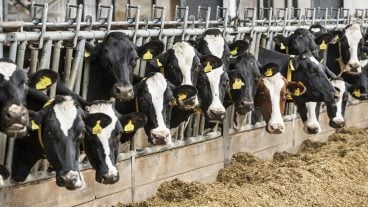
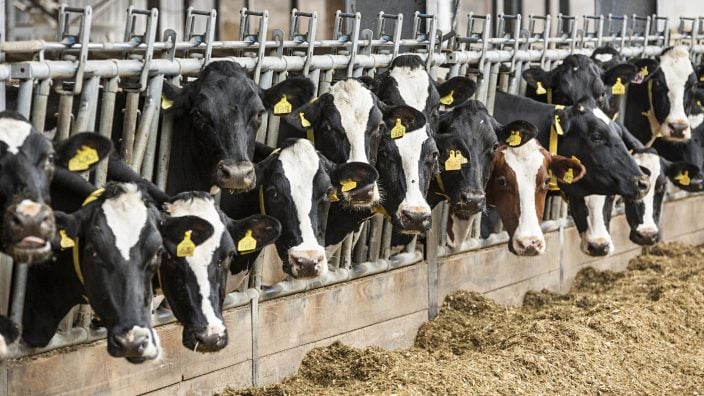
Producers are urged to work with their veterinarian to practice enhanced biosecurity measures and review and limit cattle movements within production systems.
Read More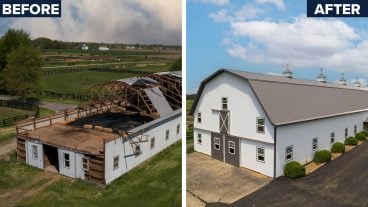
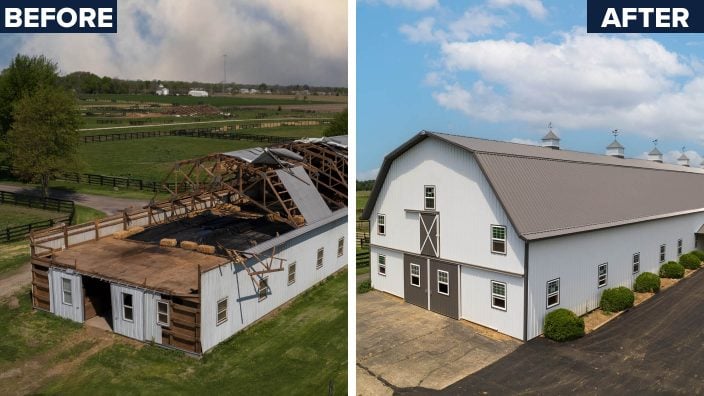
The changing seasons bring with them the need to thoroughly inspect pole barns for any damages that may have occurred during the winter months.
Read More
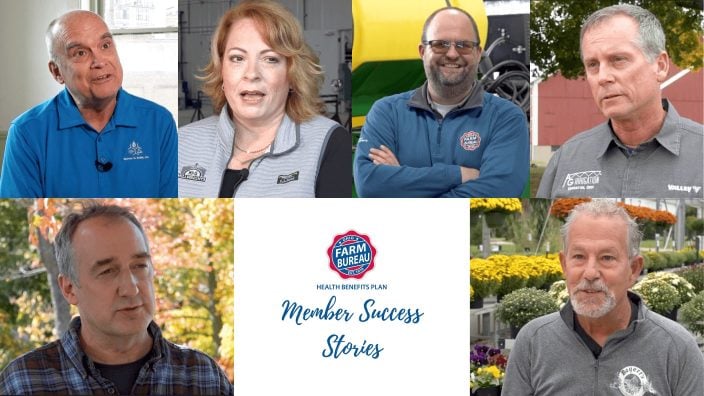
Hundreds of Ohio businesses and sole proprietors are raving about Ohio Farm Bureau’s Health Benefits plan with lower, predictable costs and easy enrollment and administration options.
Read More